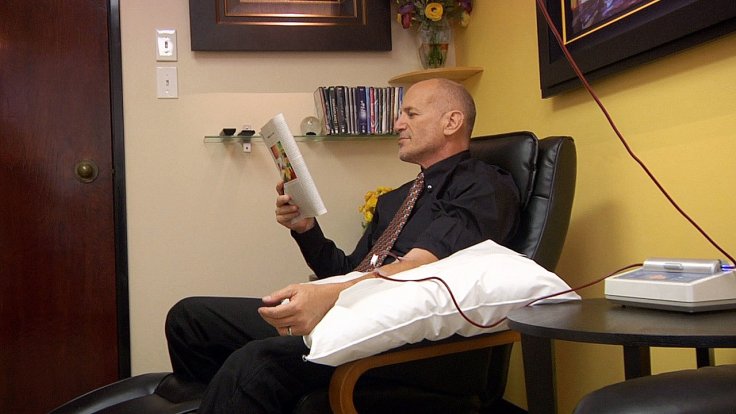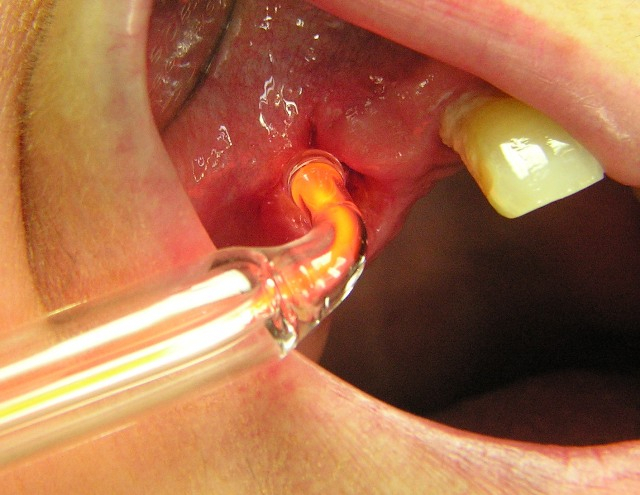Portuguese police raided health clinics and arrested five people on Thursday, July 16 for advertising Ozone therapy as a cure for Coronavirus.
Portugal's Polícia Judiciária or PJ, a criminal investigation agency, accused them of taking advantage of the "fragility and the vulnerability of people afraid of the virus or even infected." The accused — two men and three women, aged between 32 and 62 — were allegedly conducting tests to detect Coronavirus without holding a license and meeting the required standard.
While it may sound like routine police work, Ozone therapy isn't in the news for the first time. In April, in the U.S., Food and Drug Administration (FDA) sought a permanent injunction on Dallas Wellness Center prohibiting them from advertising Ozone therapy as a COVID-19 treatment. There are other numerous orders and gags around the world on possible COVID-19 treatment.

What is Ozone therapy?
Since the Coronavirus outbreak began in December 2019 in Wuhan, China, there have been multiple claims of possible ways to treat the disease. While some have been effective, the rest have been called fraudulent claims. But there is a grey area of treatment as well that can't completely comprehend if it works as Ozone therapy is something that falls under the same category.
Ozone therapy is a controversial alternate medical treatment, disapproved by many scientists. However, it has been used in treating arthritis, heart disease and cancer with varying degrees of success.
So, does it work or doesn't it? It is difficult to say. There is not enough evidence to suggest that it does. At the same time, some preach it as an effective solution since it is used as a disinfectant to kill viruses and bacteria. Many researchers have studied the effects of ozone (O3) but without any conclusive evidence that it works as the studies have been either limited or supported by companies that distribute ozone gas.
Does It Work?
In one of the researches, Dr Gerard Sunnen suggested ozone-oxygen as a monotherapy or adjunct to standard treatment regimens since it contained excess energy within its molecules. But Dr Sunnen is a psychiatrist, not a virologist, and has ties to Ozonics International, an ozone generator company. Thus, his findings need to be perceived with a pinch of salt.
In support of ozone's effectiveness, Robert Smith, president and CEO of Quail Systems, a company that builds ozone generators, said, "Ozone has been proven to kill the SARS Coronavirus." He further said that since the SARS-Cov-2 (virus that causes COVID-19) had a similar genetic structure, ozone could be effective in that case.

Smith was referring to the use of ozone as a disinfectant on surfaces and substances, not on the human body. Despite its potential to kill viruses, it doesn't work as intended on the human body as the required level of O3 is far greater than the body can tolerate, leading to tissue damage and cancer in many cases.
However, a study done in Ibiza, Spain showed promise but in conclusion, the researchers said that it needed a comprehensive study. "Ozonated autohemotherapy was associated with a significantly shorter time to clinical improvement in this prospective cohort study. Given the small sample size and single-center study design, these observations require evaluation in larger randomized controlled trials," the study concluded.
What FDA Says?
But in conclusion, it's better to go by what FDA has to say. The agency has prohibited its use. "Ozone is a toxic gas with no known useful medical application in specific, adjunctive, or preventive therapy. In order for ozone to be effective as a germicide, it must be present in a concentration far greater than that which can be safely tolerated by man and animals," FDA said in an assessment.









